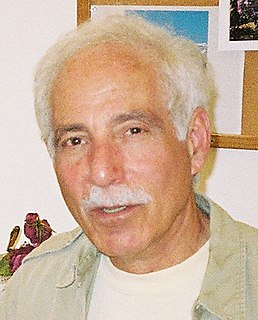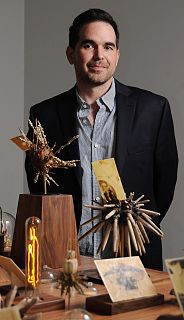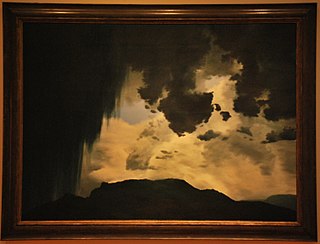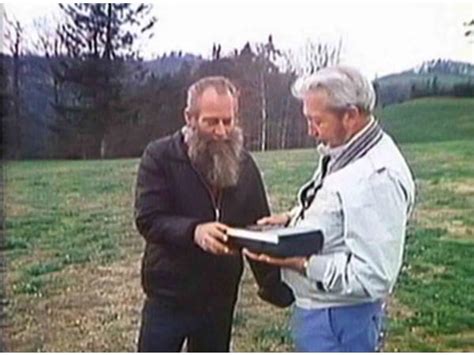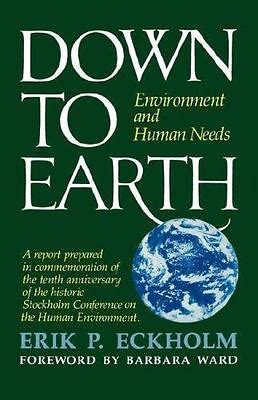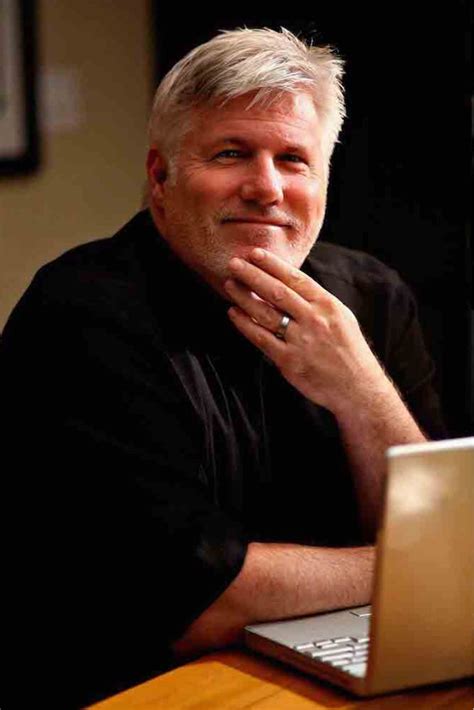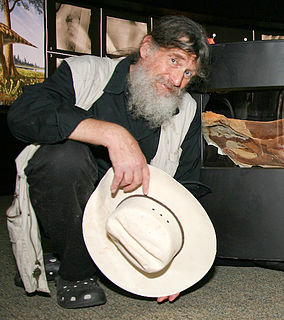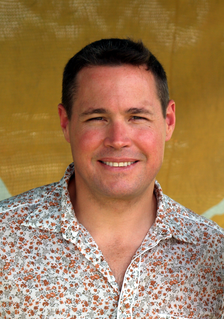Top 1200 Species Extinction Quotes & Sayings
Explore popular Species Extinction quotes.
Last updated on April 21, 2025.
'Extinction' issue. Save the species for whom??? Humans' convenience, of course! Individuals of the species are snatched from their homes/family/habitat/held in captivity/forced to mate at great physical/ spiritual pain. When the right numbers are reached, their holocaust starts all over again! Another merry-go-round/ bu$ine$$ a$ u$ual!!! Protectionists/welfarists find it a profitable issue: no controversy/ easy donations! I'd rather see an entire species extinct than in the hands of the humans!
The earth has continued to change, from rapid climatic changes that have caused the glaciers and the ice sheets to basically bulldoze the landscape and cause species compression in the tropics and cause mass species extinction - you know, all these huge changes. In terms of evolution, every species is doomed to eventual extinction. The natural world is constantly changing. So, to deal with "environmental problems," in quotes, totally misses the issue. That is not the way we want to define our problem if we're going to find our solution.
There is no sense in meddling with the extinction of polar bears, not when so many more pressing human problems await. Until there's ironclad proof of how and why extinction works, and how much evil we've done to hasten it along, I'm going to save my emotional anguish for dying and suffering members of my own species.
There is a beginning and end to all life - and to all human endeavors. Species evolve and die off. Empires rise, then break apart. Businesses grow, then fold. There are no exceptions. I'm OK with all that. Yet it pains me to bear witness to the sixth great extinction, where we humans are directly responsible for the extirpation of so many wonderful creatures and invaluable indigenous cultures. It saddens me to observe the plight of our own species; we appear to be incapable of solving our problems.
What is your personal carrying capacity for grief, rage, despair? We are living in a period of mass extinction. The numbers stand at 200 species a day. That's 73,000 a year. This culture is oblivious to their passing, feels entitled to their every last niche, and there is no roll call on the nightly news.
It's a fair guess that at the rate we're destroying habitat, especially but not exclusively in the tropics, we're pushing to extinction about one species every hour. That doesn't count the species whose populations are being reduced so greatly that diversity within the population is essentially gone.
In this twenty-first century, there's no one like Sharona Muir who can write, in bright accurate language, animals real or imaginary in an updated bestiary that riffs on evolution, extinction, and what it means to be human among other species. We need this view, and you'll be right there with her on every page of Invisible Beasts.
As many glaciers are melting and icy tundras are decaying, there's an unprecedented amount of woolly mammoth material that's becoming dislodged from the ice. Not just mammoth, but all kinds of fossils from the past. What occurred to me was, had anyone tried to pinpoint the first case of human-induced extinction? What was the first time we as species pushed another one to oblivion? I would argue that's probably going to be one of the defining moral problems of the century, human-induced extinction. And I really wanted to know, when did we first cross that barrier?
Looking around the world at these wildlife, it's abundantly clear that humans have benefited from nature in so many ways but have also brought many species to the brink of extinction...The American people that I interact with through my IS Foundation work do not want to allow this to happen; they do not want to let these species go without a fight; and they see the way in which nature provides for people around the world.
One animal or plant species may become extinct every hour. All species are doomed to extinction, but man through worldwide development/killing animals for food/profit/using toxic chemicals such as pesticides/industrial wastes, will accelerate the extinction of plants/animals and the result will be a more hostile environment for man.
I just wonder what it would be like to be reincarnated in an animal whose species had been so reduced in numbers than it was in danger of extinction. What would be its feelings toward the human species whose population explosion had denied it somewhere to exist. I must confess that I am tempted to ask for reincarnation as a particularly deadly virus.
Many scientists would argue that we are now in what is called Extinction, and it's caused by this perfect extinction storm: climate change, habitat loss, pollution, unsustainable exploitation of species and habitat resources, and of course, human population explosion. All of these factors work together and conspire to drive a species to extinction on our planet, every half an hour.
There is evidence that we are headed into what would be the planet's sixth mass extinction. It's hard to know for sure if you're in one because a mass extinction is an event where over 75 percent of the species on the planet die out over a - usually about a million-year period. The fastest it might happen is in hundreds of thousands of years.

































